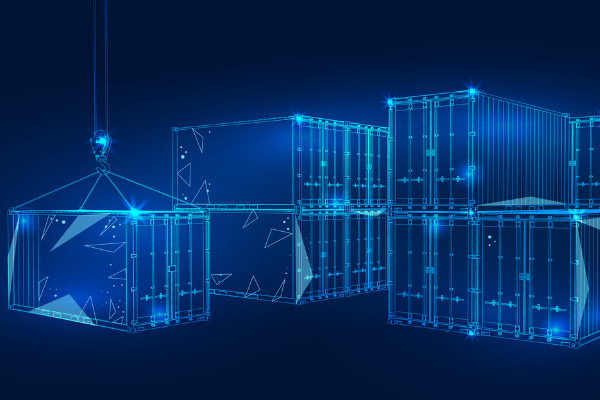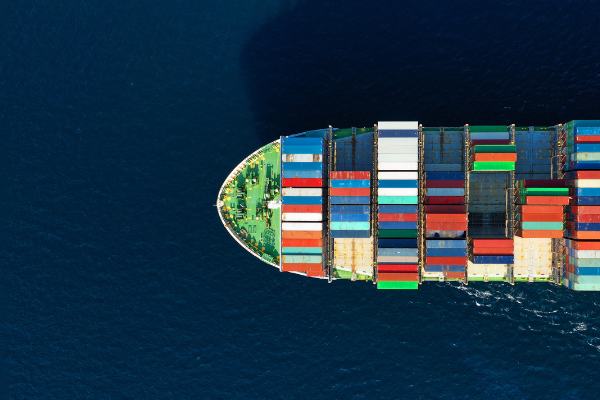20 Dec ionir 2022 Predictions: Insight on Data Gravity Solutions
One of the biggest challenges DevOps engineers will continue to face is data gravity – the pull of the accumulating data black-hole and resulting lack of data mobility. This slow delivery of data is expected to double annually from now until 2024. Data gravity thwarts data movement, and our ability to keep up with dynamic customer demands, deploy applications seamlessly and produce efficient CI/CD pipelines.
Moving data is costly and wastes valuable time. Unlike transporting apps, in cloud environments transporting data takes hours or days, and can create massive egress charges. Data gravity threatens the entire value proposition of elasticity. It’s harder to move the data required by applications than it is to move the actual applications.
View the full article from VMblog below.






